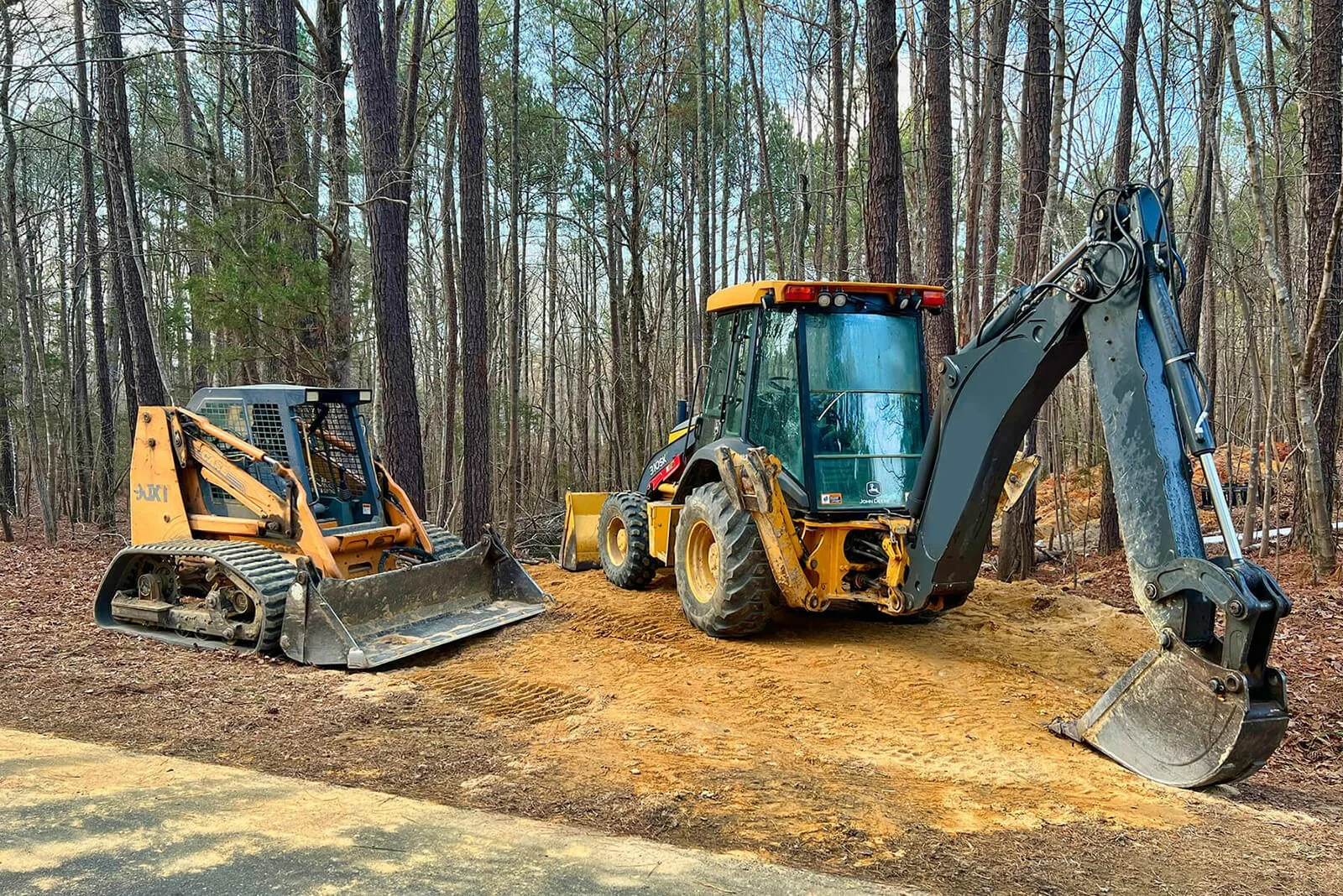Septic system frequently asked questions
Answers from the experts at Mr. Septic
Get trusted answers to your most common septic system questions straight from the pros. Whether you're dealing with a failing system, curious about permits, or unsure how your septic setup works, we've got you covered.
FAQs
-
There are a few common reasons septic systems fail:
Drainfield saturation from heavy use, poor soil absorption, or excess water
Organic buildup in the tank or pipes, leading to clogs and backups
Neglected maintenance, such as infrequent pumping or ignoring warning signs
Old age – most systems have a lifespan of 20–30 years before parts begin to wear out
We offer full system evaluations to pinpoint the cause and determine the most cost-effective solution.
-
We get it—septic work can be a big investment. We always look for the least invasive, most cost-effective solution first. That might mean a simple repair, system rejuvenation with a SludgeHammer® ATU, or a partial replacement instead of a full one.
Plus, we’re happy to show you the evidence—camera scans, soil reports, and real-time images—so you can make an informed decision without pressure. -
Think of your septic system as a mini wastewater treatment plant for your home. Here’s the basic breakdown:
All water from your home (toilets, sinks, showers, etc.) flows into a septic tank.
Inside the tank, solids settle to the bottom, and lighter waste like oils float to the top.
The middle layer (partially treated water) exits into a drainfield, where it’s filtered naturally through the soil.
Over time, bacteria and gravity do the work of breaking everything down safely.
That natural balance can be disrupted by heavy water use, poor drainage, or too much waste—causing clogs, slow drains, or even system failure.
-
Gurgling drains or slow flushing toilets
Sewage or water backing up inside the house
Standing water above your tank or drainfield
Strong, unpleasant odors around plumbing or outside
If you notice any of these, don’t wait. Catching the issue early can save you thousands.
-
Yes — in most cases, permits are required for septic system repairs, replacements, or new installations. These permits ensure your system is designed and installed according to local health department regulations and state codes.
At Mr. Septic, we handle all permitting for you, including any required site evaluations or soil sampling. We work directly with the county to streamline approvals and make sure your project stays on track and up to code.
-
Mr. Septic does not provide pumping services directly, but we work closely with trusted local professionals and are happy to connect you with a reputable provider.
If your system needs both pumping and repair or inspection, we can coordinate timing and services to ensure everything runs smoothly.
-
Yes! We’re available 24/7 for emergency service. Whether you’re dealing with a backup, a broken component, or a suspected failure, we respond fast and arrive fully equipped.
Still have questions? We’re here to help.
Whether you need expert advice, a second opinion, or you're ready to schedule service, our team is just a call or click away.
Or call us at 574-855-8584

